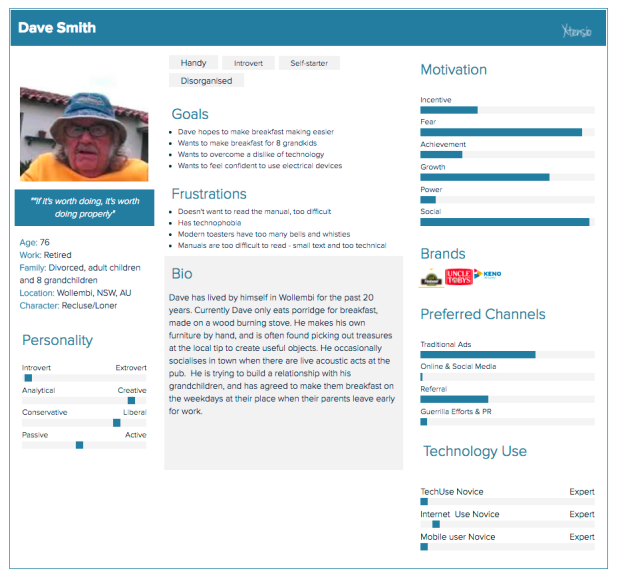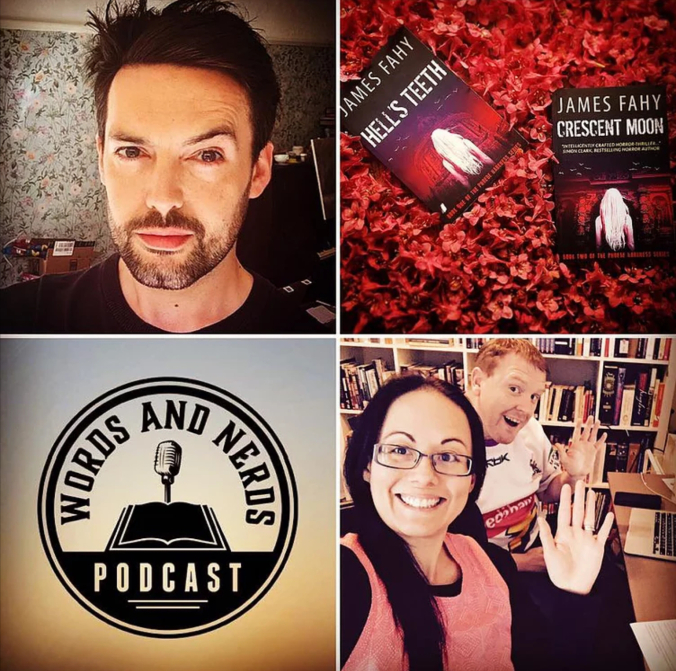
Quote: According to Seneca, we can pick from any library whatever books we wish to call ours; each reader, he tells us, can invent his own past. He observed that the common assumption—that our parents are not of our choosing—is in fact untrue; we have the power to select our own ancestry.
—Alberto Manguel, The Library at Night
Let us leave aside textbooks, technical manuals, picture books, and the grey area of “bad writing” (everyone defines it differently); what remains is a thickly-padded centre consisting of books, fiction and non-fiction, that adults read because they want to. Because there is something enticing about delving into another person’s explicitly printed (if opaque, mysterious, multifaceted) thoughts.
Such books are friends that console and regale, give hope and dispel loneliness, but, vitally, they also illuminate and edify. When it comes to fiction, Lisa Cron’s book Wired for Story synthesises various authoritative sources that describe how story affects neurobiology; in essence, we crave fiction because it is a safe environment that equips us with mental tools we can use in real life. Our brains expertly convert a made-up narrative into a convincing environment, cast us as the relevant protagonists, and take us through our paces word by word.
Reading fiction is role-play.
Or, if you prefer Einsteinian terminology, reading is an immersive thought experiment. While we’re within the pages, the thinking is done for us; when we close the covers, we can either forget what we went through, or we can ruminate on the implications, extending the story, transposing it onto our own lives.
Non-fiction also transmits tales, which may be served up well-seasoned, savoury, steamy, but usually fail at inducing the sugar-rush of fiction. History is gripping because it happened—its lessons taste of iron; philosophy is mesmerising because it requires us to step through distorting mirrors to see ourselves more clearly—a paradox; books that cross-section subjects, like Manguel’s on Libraries or Ackermann’s on Senses, are magic because they reveal the intricate strings holding swathes of our reality together—they ask why.

If fiction is theatre, where you try out someone else’s role on stage, then non-fiction is theatre too, where you attend a tour of backstage while the real-life show, in all its unfeigned beauty and brutality, runs on. Either way, what we experience through reading can affect how we interpret every day, and eventually, it can affect who we are.
Somewhat like parents.
In the Quote Seneca was probably referring to philosophical ancestors—books that could guide us through internal crises and external dilemmas—but the principle remains true of most other literature. Books are sterner than parents, as they cannot yield to our pleading; books are also more cryptic, as they speak in generalities, parables, analogies, and we have to apply ourselves to extract their meaning. However, books are also more patient, calm, stable, and they do not have feelings: if and when their content is superseded, they will fade into the background (remaining forever a person’s intellectual home) and yield to a new, more advanced or more pertinent colleague.
This is why Seneca speaks of a plurality of sources as our ancestry: we may have only one life but that suffices for us to study diverse—and divergent—works, and to pick which ones we will listen to.
Confinement within one tradition or one genre or one authorial voice could be detrimental because of the influence books can have on a writer. Certainly, there are voices—amoral, cruel, criminal, and worse—which can and will do their utmost to influence a receptive mind. Like bad relatives.
Censure is abhorrent, but young and malleable minds should be guided—let me leave it at that; the rest of us should listen to our inner balance while traversing every literary landscape fully aware that closing the book is always an option, and in dark, unbalancing cases a most commendable and salubrious one. Preserving sanity is paramount.
Warning heeded, we can return to Manguel’s thoughts about books as people.
Every reader exists to ensure for a certain book a modest immortality.
There are three ways to think about this.
The first and the second pertain to the immortality of ideas: By reading a book, we imbibe some of its content and then later transmit it to our children through our personal philosophy, or, alternatively, we transmit it to some future children of this world through a book of our own in which we expound our own philosophy. (In both cases the ideas live on, if successively transmuted.)
The third way pertains to the immortality of the book itself: by reading a book, we are attentive to its existence, and therefore we are contributing to what might become a long chain of people that will appreciate its content. (The book lives on, if surviving successive interpretations.)
Whichever way it happens, I feel assured the trade is fair: in return for an illustrious ancestry, we offer books and their authors a step down our branch of time—our modest contribution to their immortality.
Without readers the authors would be dead.
Without authors the readers would be orphans.
That’s something to bear in mind next time you write or read: the symbiosis is inevitable, the only question is how it can be deepened and made more meaningful. The answer is on you.
Share this:




